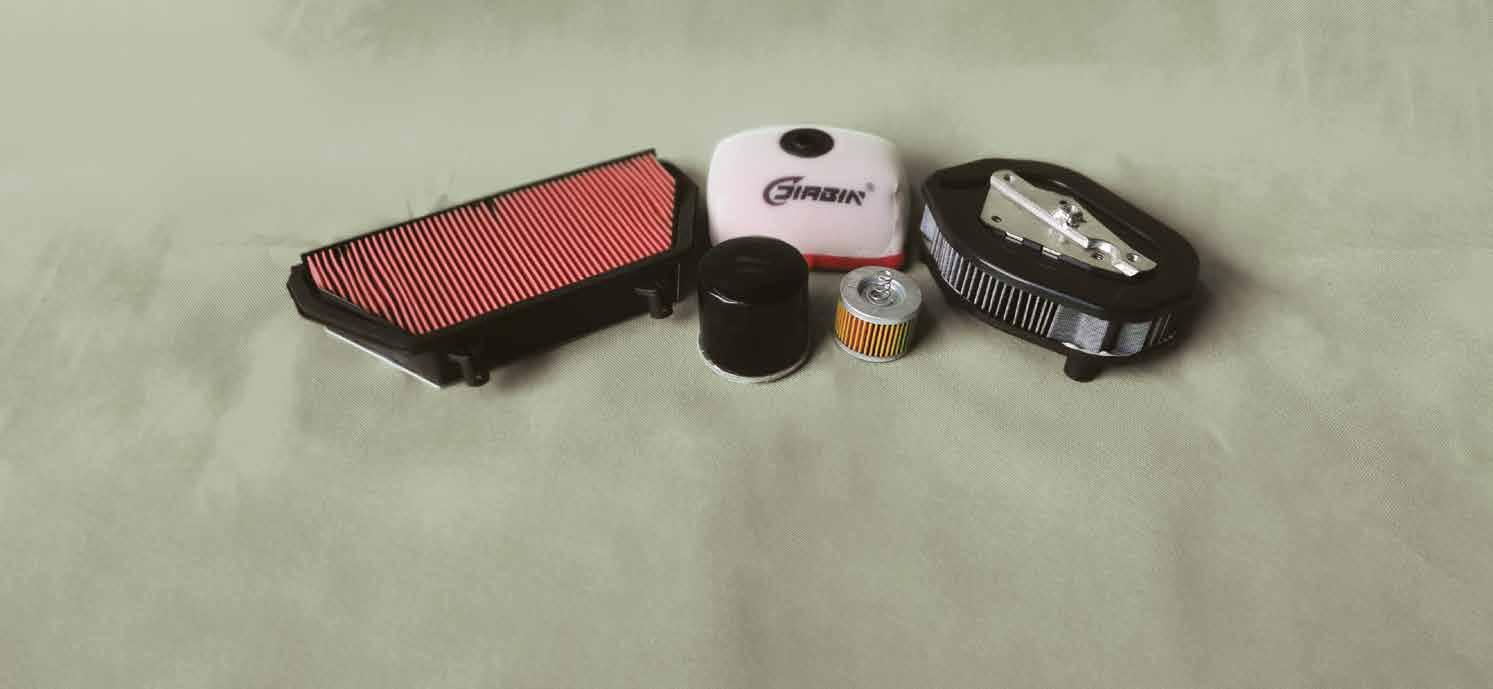
3 minute read
Bounce Back Loan problems
The problem with Bounce Back Loans
All in all, the pandemic, Brexit, high inflation, and war in Ukraine, has made the 2020s a decade to forget. But if there is one ray of light, it is how the government supported businesses – and employees – during Covid with various financial aid programmes.
The Bounce Back Loan (BBL) is one to highlight in particular. A scheme that ran between March 2020 and March 2021, it helped SMEs borrow between £2000 and £50,000 at a low interest rate, over 6 or 10 years, and was guaranteed by the government. Importantly, no personal guarantees were required.
And it was successful; according to a July 2021 release from the government more than 1.56 million loans to the value of £47.36bn were granted. A year later, a government report – published in September 2022 – noted that around half a million firms would have failed if it hadn’t been for BBLs.
In contrast, the same report noted that £28.3bn of loans were being paid off normally, £4.7bn were fully repaid, £3.2bn were in arrears, £1.4bn had defaulted, and £1.1bn were suspected as being fraudulent. However, a December 2021 report from the National Audit Office thought that the fraudulent element of BBLs could be as high as £4.9bn.
In defence of the government, the report said: “It is important to recognise that it is still relatively early in the life of the scheme, and therefore it is too soon to definitively assess the performance of the BBLS scheme as a whole.”
The government also commented that “it is unfortunate that some have taken the decision to take advantage of this vital intervention by defrauding the scheme for their own financial gain. The government has always been clear that anyone who sought to do so is at risk of prosecution.”
The problem appears to be that while processes were put in place to reduce the risk of fraudulent applications being successful, the government relied on lenders to make ‘know-your-customer’ and anti-money laundering checks while using fraud bureaus to screen applicants against potential or known fraudsters. The government says that lenders prevented more than £2.2bn of fraudulent applications as a result of such checks.
But that still leaves the problem of both fraudulent applications and non-repayment to the public purse. These borrowers are being pursued by HMRC, the National Crime Agency, the National Investigation Service, and the banks.
Of concern to businesses that took out BBLs is anti-corruption campaigner, Spotlight on Corruption. In late November it appealed a decision by the British Business Bank which oversaw BBLs and refused to reveal the names of some or all or the 1.7m businesses that borrowed money.
Spotlight on Corruption is pushing the bank to comply with a freedom of information request it lodged two years ago which was rejected – a decision upheld by the Information Commissioner’s Office. The refusal is based on applicants not agreeing at the time to the possibility of being publicly named following a successful application. Worse, if named borrowers could be at risk of attack by fraudsters.
If Spotlight on Corruption wins the appeal, and names are published, then borrowers – subject to being cautious in relation to fraud – have nothing to worry about, assuming that the money was correctly spent by their business. However, if the money was spent in breach of the terms of the scheme, on, say, personal items, then they would be best advised to make good the breach.
In the longer term, if the loan cannot be repaid, and the business fails, then the Insolvency Service is likely to investigate the failure and the use of the BBL. If misconduct is found, it may wind up the company, disqualify directors, and obtain a Court Order for directors or sole traders to personally pay compensation to creditors. There is also the risk of prosecution for criminality.
Full range of motorcycle filters produced by a professional manufacturer UK & European distributors wanted


TEL: +86-0377-68912233 +86-13938956718 +86-13938995606 +86-13938969660 +86-13938955759










